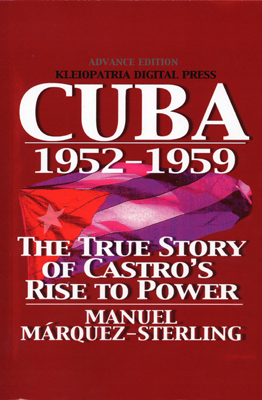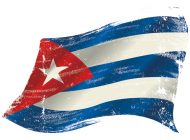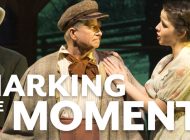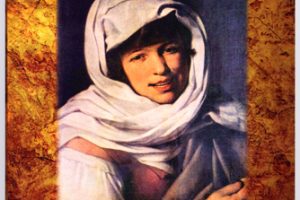 Manuel Márquez-Sterling, professor emeritus of history
Manuel Márquez-Sterling, professor emeritus of history
In his latest book, inspired by a collection of thousands of letters from his father, Márquez-Sterling revisits the last days of the Cuban Republic. Márquez-Sterling was a witness to history in the seven critical years from 1952 to 1959 when the struggle for Cuba was not just between Fulgencio Batista and Fidel Castro, but also his father, Carlos Márquez-Sterling, who advocated for a peaceful, democratic resolution.
On November 3, 1958, elections were held for Cuba’s president. Among the candidates was Márquez-Sterling’s father, Carlos Márquez-Sterling. While his father won the presidential election easily, there was rampant electoral fraud. Six weeks after the election, Batista fled Cuba, Castro’s revolution took over the country, and, as Márquez-Sterling notes, “the spirit of Cuba was crushed.”
Márquez-Sterling’s book dispells many myths about Cuba and shows that it was a progressive country with a prosperous future, positioned to become a First World country, with a large middle class, a fine educational system open to all classes, and high standards of living. According to Márquez-Sterling, his book is “a cautionary tale—no country is exempt from a collapse like this.”
Tags: Cuba Cuba 1952-1959 Manuel Marquez-Sterling










